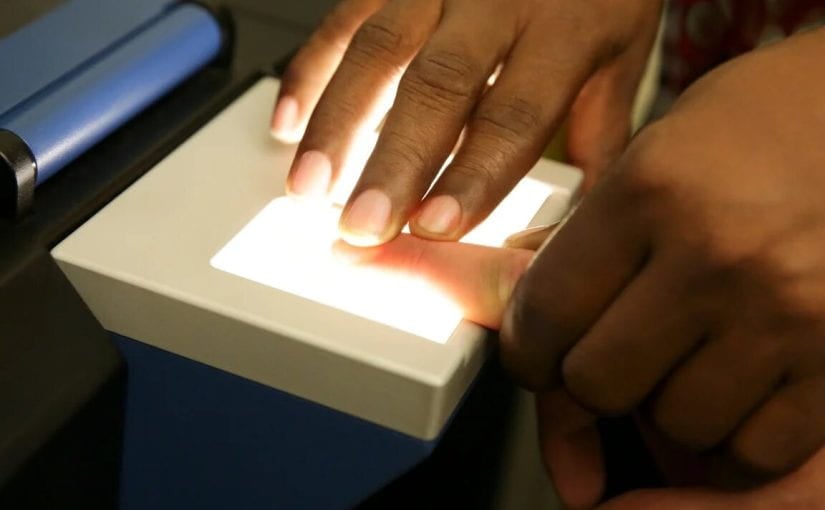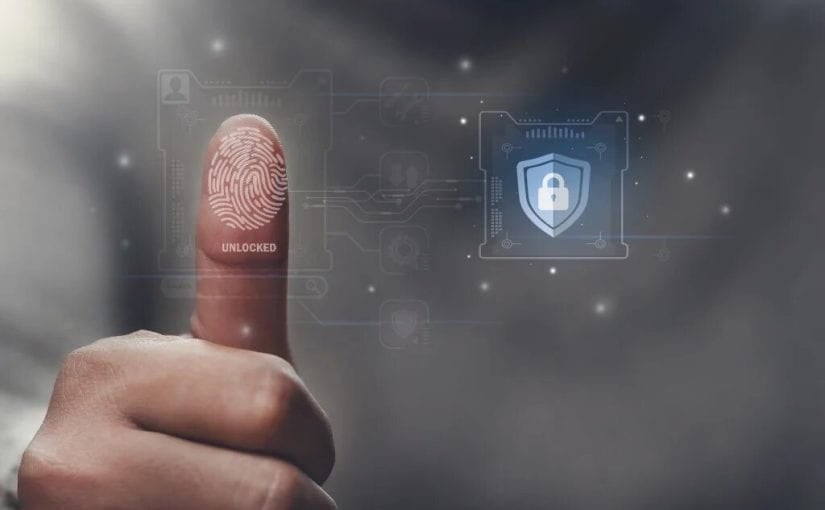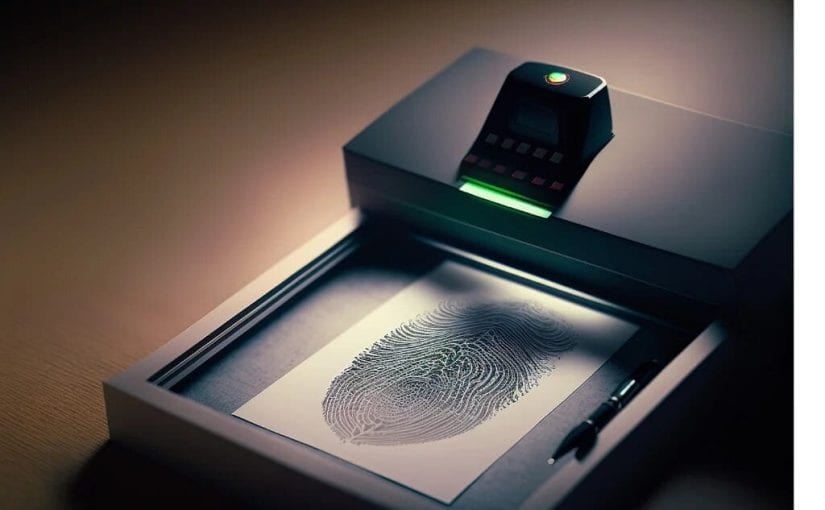In today’s digital age, data protection is a paramount concern for businesses and individuals alike. One emerging technology that holds great promise in this area is digital fingerprinting. This blog will explore what digital fingerprinting is, its significance in data protection, and five ways it can revolutionize the way we safeguard our data. Additionally, we’ll introduce how SekCheck can help you implement digital fingerprinting solutions effectively.
An Overview of Digital Fingerprinting
Digital fingerprinting, often referred to as live scan fingerprinting, is the process of capturing and storing an individual’s fingerprint data electronically. Unlike traditional ink-based methods, digital fingerprinting uses advanced scanners to create a high-resolution digital image of fingerprints. These images are then stored in a secure database and can be used for various purposes, including identity verification, background checks, and access control.
Importance of Digital Fingerprint
Digital fingerprint plays a crucial role in data protection by providing a reliable and secure method of identity verification and access control. It ensures that sensitive data is accessed only by authorized individuals, thereby reducing the risk of unauthorized access, data breaches, and identity theft. By leveraging biometric data, digital fingerprinting offers a higher level of security compared to traditional password or PIN-based systems.
How Digital Fingerprinting Can Revolutionize Data Protection
1. Enhanced Identity Verification
One of the primary benefits of digital fingerprinting is its ability to provide enhanced identity verification. Unlike passwords or PINs, which can be easily stolen or guessed, fingerprints are unique to each individual and cannot be easily replicated. This makes digital fingerprinting a highly reliable method for verifying the identity of users accessing sensitive data or systems.
Example: Financial institutions can use digital fingerprinting to verify the identity of customers accessing online banking services, reducing the risk of fraudulent transactions.
Also Read: 5 Ways Digital Fingerprinting Help Banking Industry
2. Improved Access Control
Digital fingerprinting can significantly improve access control by ensuring that only authorized individuals can access certain areas or information. By requiring a fingerprint scan to unlock doors, computers, or files, businesses can better protect sensitive information from unauthorized access.
Example: A healthcare facility can implement digital fingerprinting to control access to patient records, ensuring that only authorized medical personnel can view sensitive health information.
3. Reduced Risk of Data Breaches
Data breaches often occur due to compromised passwords or credentials. Digital fingerprinting reduces this risk by eliminating the need for passwords altogether. Since fingerprints are unique and cannot be easily duplicated, the likelihood of a data breach caused by stolen credentials is significantly reduced.
Example: Tech companies can use digital fingerprinting to secure their internal systems and databases, preventing unauthorized access and protecting intellectual property.
4. Streamlined Compliance with Regulations
Many industries are subject to strict data protection regulations that require robust identity verification and access control measures. Digital fingerprinting helps businesses comply with these regulations by providing a secure and reliable method of identity verification that meets regulatory standards.
Example: A law firm can implement digital fingerprinting to comply with data protection laws, ensuring that sensitive client information is only accessible to authorized personnel.
5. Enhanced User Experience
Digital fingerprinting offers a more convenient and user-friendly alternative to traditional security measures. Users no longer need to remember complex passwords or carry access cards; a simple fingerprint scan provides instant access. This not only improves security but also enhances the overall user experience.
Example: Retail stores can use digital fingerprinting for employee access to cash registers and secure areas, improving both security and ease of use for staff.
Also Read: Significance of Digital Fingerprinting for Employment
Digital fingerprinting is a powerful tool that can revolutionize data protection by providing enhanced identity verification, improved access control, reduced risk of data breaches, streamlined compliance with regulations, and an enhanced user experience. By understanding the importance of digital fingerprinting and leveraging its benefits, businesses can significantly bolster their data protection measures.
With the support of professional services, you can implement digital fingerprinting solutions with confidence and ease, ensuring the highest level of security for your sensitive data. SekCheck offers specialized RCMP accredited digital fingerprinting service to ensure smooth and efficient fingerprinting solutions. With extensive experience and professional expertise, SekCheck can assist you with digital fingerprinting and ensuring data security.
Source : Sekcheck.ca









